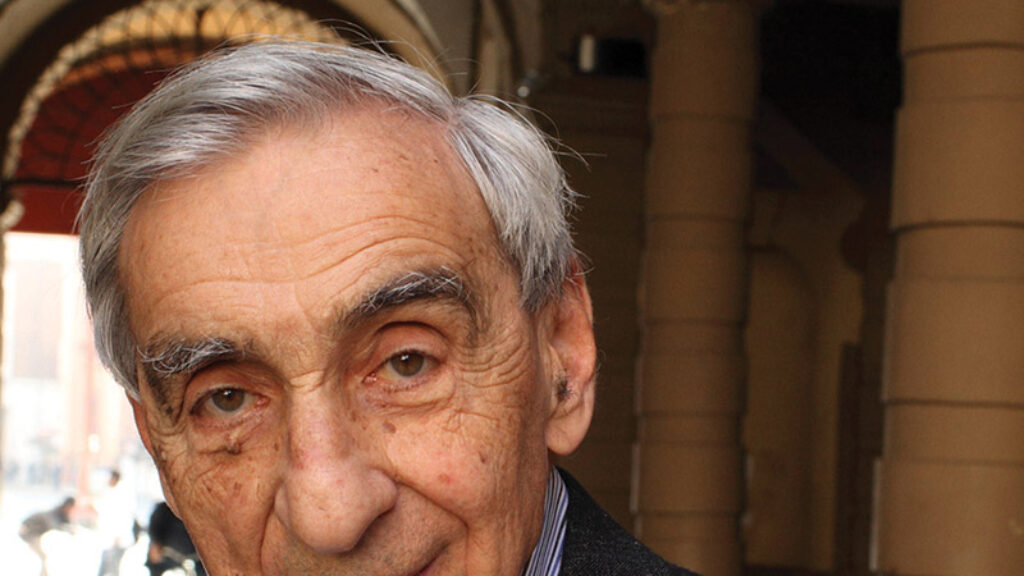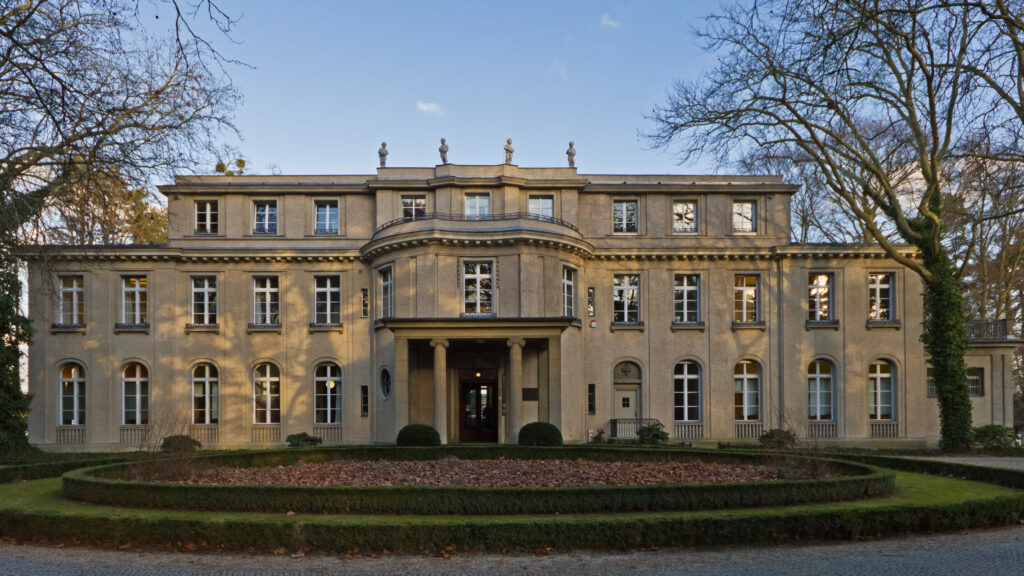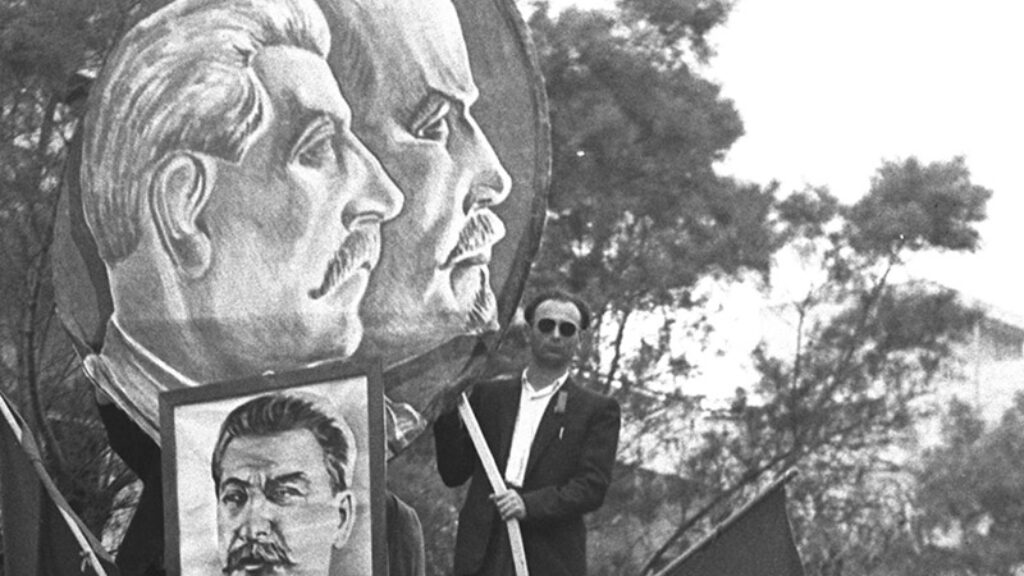I, Terrorist
On May 1, two Times Square street vendors saw smoke wafting from a Nissan Pathfinder SUV parked with its hazard lights on. Police were summoned to the scene and disarmed the crude car bomb before it could cause any injuries. The bomber manqué was Faisal Shahzad, and speculation as to his motives and training is, as I write, still driving the news.
Shahzad’s story turned out to be distressingly familiar: a naturalized U.S. citizen, he returned to his birth country of Pakistan for training in bomb-making after becoming violently radicalized. There are many such stories in the New York Police Department’s 2007 report, “Radicalization in the West: The Homegrown Threat.” Its pages are filled with example after example of young men like Shahzad who have embraced, and acted on, a murderous jihadi-Salafi ideology, mostly in a progression whose four stages the NYPD calls pre-radicalization, self-identification, indoctrination, and jihadization. It is a novelistic arc, and it is fitting that several contemporary novelists have taken it up. In doing so, they have given us a new kind of antihero, a ripped-from-the-headlines young man, raised in the West, affluent, smart, idealistic, who works out his salvation through other people’s fear and trembling.
Sebastian Faulks has a background in journalism, and he layers his novels (nine previous, including a turn as Ian Fleming for the James Bond book, Devil May Care) with impasto-thick plots rich in newsy, knowledgeable detail. His current work, A Week in December, is a Tube-and-Thames loop around London, set in 2007 and centered around two societal threats. One is the collapse of the subprime mortgage system and subsequent economic meltdown, the chief concern of John Veals, a glint-eyed quant; the other is a terrorist plot that occupies Hassan al-Rashid, the radicalized 22-year-old son of Muslim immigrants to Glasgow. Attention is a kind of affection, and Hassan’s thoughts, both pre- and post-radicalization, are touchingly earnest: “It was perplexing to him that people paid so little heed to their own salvation; he was puzzled by it in the way he might have been by the sight of a mother feeding whisky to a baby.”
Faulks has gone to some pains to portray Hassan’s parents as loving and sympathetic after his 2009 comments to the Sunday Times Magazine about the Qur’an being “depressing” and lacking an ethical dimension spread like wildfire through the British press. In a rejoinder in The Telegraph, Faulks wrote:
There seems to be an almost inevitable irritation when novelists in Britain and America, with their long history of free speech, touch on matters Islamic . . . My new novel, A Week in December, is carefully researched, and, among its main characters, presents a hugely sympathetic and loving Muslim family; it is furthermore made clear that the parents’ kindness and good citizenship spring not just from being naturally good eggs but from their devotion to the Koran.
The al-Rashid family is indeed sympathetic and un-stereotypical. But the novel undercuts Faulks’s ostensible point: while Hassan’s parents’ deep but undogmatic devotion to the Qur’an makes them “good eggs,” their son’s more fervid devotion puts him at risk of becoming a thoroughly bad egg. Further, while one can’t doubt that Faulks believes there is a moderate Islam, he makes clear that it is not the parts of the Qur’an that appeal to Hassan’s father Farooq (“the nice bit in ‘The Bee’ for instance, which suggested that in an emergency you could even eat pork,”) that are spurring over 100,000 people a year to convert to Islam. Rather, the novel suggests that it is the rhetoric of relentless “hard threats” that is the heart of the Qur’an, and of the religion that springs from it. One character, encountering the muscular, Miltonic language of the Qur’an, likens it to the inner monologue of his paranoid schizophrenic brother.
The most successful parts of the book are those in which Faulks turns his sharp eye and arch humor to the counter-intuitiveness of societal shifts. In a jihad logistics meeting, Faulks gives us this exchange:
“What time on Friday?” said Hassan
“I’ll let you know the day before. Why?”
“It’s just . . .” Hassan stopped. “It’s difficult to explain. My father is . . . is . . .” He felt his throat constrict. He was frightened of Salim’s anger.
“What is it?” said Salim.
“My father is going to Buckingham Palace to get the OBE,” said Hassan. “And my mother and I have to go with him.”
This is less implausible than one might think. Faisal Shahzad possessed an M.B.A. and a black Mercedes. One terrorist cluster, the Virginia Jihad Network, included a diplomat’s son, a kitchen designer, a doctoral student in computational biology, two former U.S. Marines, and two former U.S. Army soldiers.
The presence of military personnel in a terror cell is particularly shocking—a point that John Updike seems to have anticipated in Terrorist. After Updike’s young antihero, Ahmad, expresses his seditious, radical views to his high-school guidance counselor, one willfully assimilated Jack Levy, Levy advises Ahmad to “think about the Army. It’s not everybody’s sweetheart any more, but it still offers a pretty good deal—teaches you some skills, and helps with an education afterwards . . . If you have any Arabic, they’d love you.” The career of Major Nidal Malik Hasan, the Fort Hood shooter, brings this fictional episode into tragicomic relief.
Updike’s Ahmad, “seeking to walk the straight path,” ends up on a more circuitous route, trucking hazardous materials meant to blow up the Lincoln Tunnel. Ahmad is a kind of Islamic renunciant, quivering between piety and spite, in thrall to “his imam-not his mama, his imam.” Updike, who died in 2009 with Terrorist the last of his twenty-two published novels, was trounced in the press for Ahmad’s head-bashing lack of subtlety and stilted language (” the American way is the way of infidels. It is headed for a terrible doom.”). In fact, compared with Faulks’s Hassan, Ahmad is a more plausibly frightening terrorist.
Aggrieved and insecure, self-conscious of his mixed parentage, Ahmad is rudderless and corruptible. While his dialogue is painfully stiff, his thoughts betray the Updike stamp, a lyric tautness and subtlety:
In his travels through New Jersey, [Ahmad] takes interest less in its pockets of a diluted Middle East than in the American reality all around, a sprawling ferment for which he feels the mild pity owed a failed experiment.
Updike’s lyricism has not always endeared him to his critics. Anthony Burgess, writing in 1966, called Updike guilty “of a sort of democratic heresy in pouring the riches of language on characters and situations so trivial.” Trying to create a nontrivial character in Ahmad, Updike ran afoul of James Wood, who blasted him for hiding behind poeticisms like “two aged infidel animals.” “This is Ahmad’s thought,” Wood wrote in 2006, “but because it could not be the boy’s language or diction, it cannot function as his thought.” What’s a lyric novelist to do? Whatever Updike’s deficiencies (and they were real), Terrorist, four years after its publication, looks better and better.
Pearl Abraham’s American Taliban gives us John, a protagonist of a wholly different sort. John is not a loner, not a loser. He has wealthy parents who make him feel loved and understood; he is adored by the bikini-clad wahines of North Carolina’s Outer Banks, where he surfs; he is precocious and self-possessed beyond what most of us imagine possible for a human being, much less a teenager. John is a thoroughly American talib, nicknamed “Mr. Skating” for the way he grinds around the white concrete of Pakistan’s Islamia College. After his radicalization, he appears bearded and dirt-camouflaged, with a knapsack full of pita, olives, and Zone protein bars.
Unlike A Week in December, which weaves the story of Hassan through shifting social strata and intricate Victorian plotting, American Taliban focuses wholly on John’s internal life. And unlike Terrorist, which begins after its protagonist has already been violently radicalized, Abraham endeavors to enter the mind of John along this process. Herself raised in the Satmar sect of Hasidism, Abraham understands prayer, and her writing has a buoyancy appropriate for a teenage seeker. The book is most convincing when Abraham shows John mastering skills, from counting the breakers to evaluate the surf, to the rough breathing of Arabic and the right-left head turn of the salaat. American Taliban is the only one of the three novels to feature a convert to Islam, and John’s story is roughly comparable to that of John Walker Lindh, whose sobriquet provides the title of the book, and whose capture and trial become an obsession for the fictional John’s mother.
Abraham eschews quotation marks, which lends conversations in the novel a seamless, dreamlike feel. After three weeks of training in the hills above Peshawar, John has this exchange with the agent of his radicalization:
You’re ready, Jalal said, tracing John’s newly hardened muscles, ligaments, and sinews . . . The Taliban has been calling for help.
But the lorry came. The lorry went. John stayed a fourth week until Jalal reminded him of his duty, of what he wanted, and why he’d come: He must think wu-wei, give himself over to the chance of death, become. His reward: greater spiritual life. The great spiritual men of this world would escape biology, become immortal.
Do you know the ‘Tale of the Sands’? Jalal asked.
From the Mystic Rose?
Think of yourself as the stream that allows the wind to carry it across the desert sands, then falls like rain and becomes a river. You, too, will return as the higher essence of yourself.
If it strains credulity to see mujahideen drawing inspiration from the Tao and Sufism (as well as Emerson and Richard Burton along the way), that just shows why this book is false at its core. Abraham’s fictional terror cell, where the boys learn English from John during the day (“My oom’s name is Barbara. My ahb’s name is William. I have no ahk or ohkt. I am from Washington, D.C., . . . and I am visiting Pakistan. My favorite food is pizza.”) and the men read the poetry of Faiz Ahmed Faiz aloud at night, is more plausible as a Baha’i retreat-or even a Boy Scout camp with exceptional marksmanship training-than as a terror cell. Abraham must know that this world is steeped, for instance, in the most retrograde and toxic sexism and anti-Semitism, but when she nods to this at all, she treats this rhetoric more like acne than cancer. John innocently wonders why women are missing from his new world. The book is without mention of Israel or Zionism.
Whether it is cowardice, political correctness, fear of risking the reader’s sympathy, or the impenetrability of this world that leads Abraham to such a skewed portrait, is unclear. I don’t mean to suggest that smart, idealistic young people have never turned to terrorism: from the café anarchists in the circle around Félix Fénéon, to the Weathermen of recent decades, this is, sadly, not uncharted territory.
If we are to understand what makes someone with a radical ideology turn violent, a novelist’s imagination may be exactly what we need. All three writers have great imaginative gifts, but neither Ahmad, nor Hassan, nor, certainly, John is sufficient. The Great Anti-American Novel has yet to be written.
Suggested Reading

The Adjectival Liberal and The Kingship of God
Michael Walzer is one of our great defenders of liberal democracy, but does his vision exclude religious Jews?

The Nazi Rosetta Stone
The interagency task force meeting at an elegant suburban estate was like any other such meeting, except for its agenda: the “final solution.”
Brother Daniel, Sister Ulitskaya
Ludmila Ulitskaya's fictionalized version of the Brother Daniel case asks us all to turn the other cheek.

Frenemies, A Love Story
A new look at the most unlikely alliance that brought the Jewish State into being.
Comments
You must log in to comment Log In